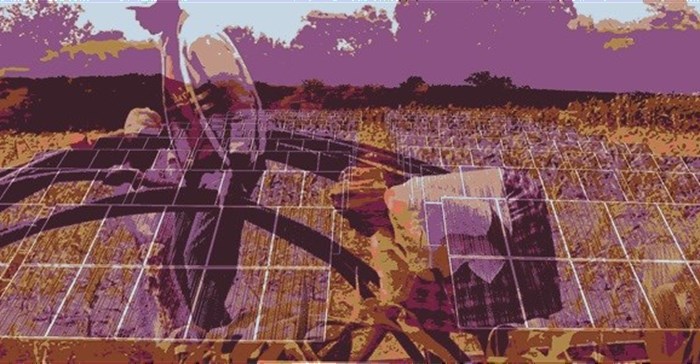The spectre of climate change reared its ugly head in June 2018, when the dammed lake that supplies Bouake, the second largest city of Cote d'Ivoire, ran dry, leave the city without water.

Photo: Solarplaza
As a result of the drought, the people of Cote d’Ivoire went through extraordinary hardships affecting everything in their daily life, from acquiring clean drinking water and cooking to basic hygiene. The story of Bouake is one of many currently unfolding in Africa, where climate change has consequences of a magnitude never-seen-before globally.
To battle climate change, keep up with their pace of development and ensure food security, some countries, like Nigeria, Uganda and Zimbabwe, have resorted to solar energy as a solution. A growing body of research from some of the world’s most renowned energy experts and researchers, has demonstrated in a crystal clear fashion that no other energy source, from hydro to wind, can provide power and have an impact as sustainably, reliably, and efficiently as solar.
The life-changing potential of solar energy is the focus of Africa Solar Impact Cases. It covers three main areas of solar development in Africa: utility-scale, mini-grid/microgrid and off-grid. They are not all rosy success stories; challenges remain palpable. However, they are able to show that solar energy’s potential to positively impact lives for the long term is greater than ever
One of those cases is the Mashaba project, which is a small village in southern Zimbabwe that installed a 99 kW mini-grid to power two irrigation schemes, two business centres, one school and one clinic. Mpokiseng Moyo, a farmer and mother of three, has been able to harvest 15 tonnes of wheat with this new solar system, compared to barely one tonne before the mini-grid was installed. This way the devastating consequences of droughts - inherent to the region, but worsened by the effect of climate change - can be mitigated. “Before being connected to the solar grid, we irrigated our crops using diesel pumps and traveled as far as Gwanda (more than 100km away) to buy diesel for the pumps. The pumps broke down many times, affecting productivity. But with solar energy we are able to farm throughout the year without any hassles,” Moyo said.
















